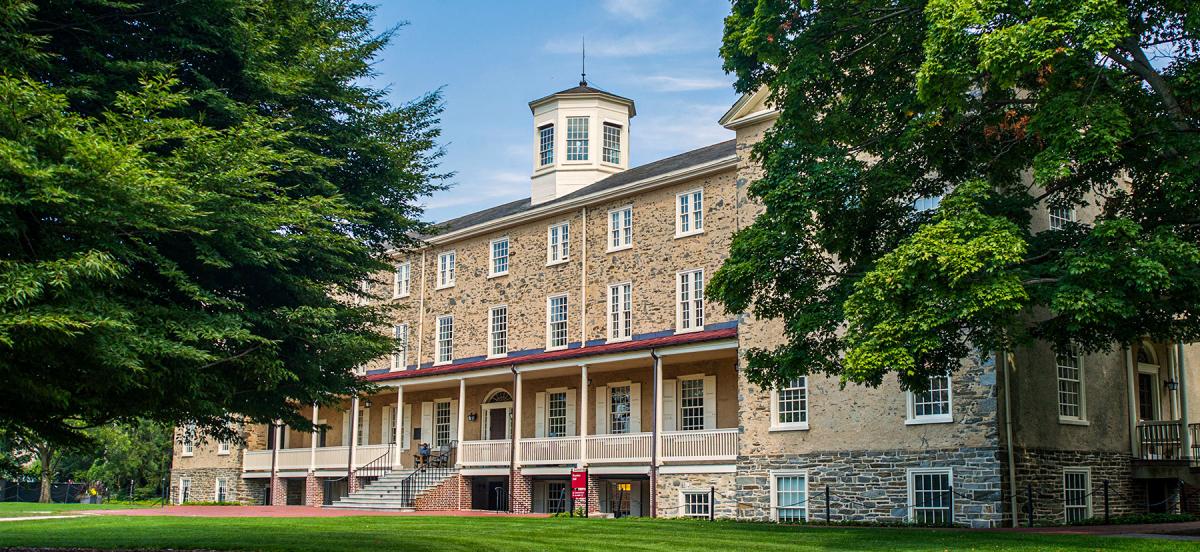Haverford College Selected as Truth, Racial Healing, & Transformation Campus Center

Photo by Patrick Montero.
Details
Chosen by the Association of American Colleges and Universities, these Centers are part of the W.K. Kellogg Foundation’s movement to heal our communities.
Haverford College has been selected by the Association of American Colleges and Universities to be one of the 2021 Truth, Racial Healing, & Transformation (TRHT) Campus Centers. These centers, launched in 2017 by the W.K. Kellogg Foundation as part of its TRHT program to address the historic and contemporary sources of racism and bring about transformational and sustainable change, are designed to prepare the next generation of strategic leaders and critical thinkers to address inequities and dismantle the belief in the hierarchy of human value.
“We applied to become a Truth, Racial Healing and Transformation campus because it seemed to be the best complementary program to help us develop long-term goals and programming for the kind of activities that we hope will transform our campus as we move toward antiracism,” said Interim Dean of the College Joyce Bylander, who spearheaded the effort.
Haverford’s first step to becoming a TRHT Campus Center will be to attend the 2021 Virtual Institute on TRHT Campus Centers in June. The team attending the Institute includes Bylander, incoming Dean of the College John McKnight, Professor of Psychology Ben Le, Professor Emeritus of History and Visiting Professor in the Writing Program Emma Lapsansky-Werner, and Jasmine Reed ’22.
“It is not required that you have students but they welcome student members, [and] I believe that it is essential to have student representation on our team to help us move our campus forward,” said Bylander. “Last year, students were instrumental in challenging Haverford to reconsider some of our assumptions about ourselves as a community. We want to make sure we continue to have a student voice as we embark on this important work.”
At the Institute, campus teams will participate in and design Rx Racial Healing Circles, the centerpiece of TRHT’s framework, which brings together a diverse group of people in a safe, respectful space to share stories. Additionally, teams will participate in workshops and climate assessments, and will collaborate with experienced mentors to develop a transformative campus action plan, which will include strategic goals and intended outcomes. This work is in addition to Haverford’s own antiracism action plan, though it will also contribute to the College’s antiracism plans.
“We will begin the work of truth, racial healing, and transformation in the fall,” said Bylander. “Once we attend the Summer Institute, we'll have a better idea of how to move this work forward.”



